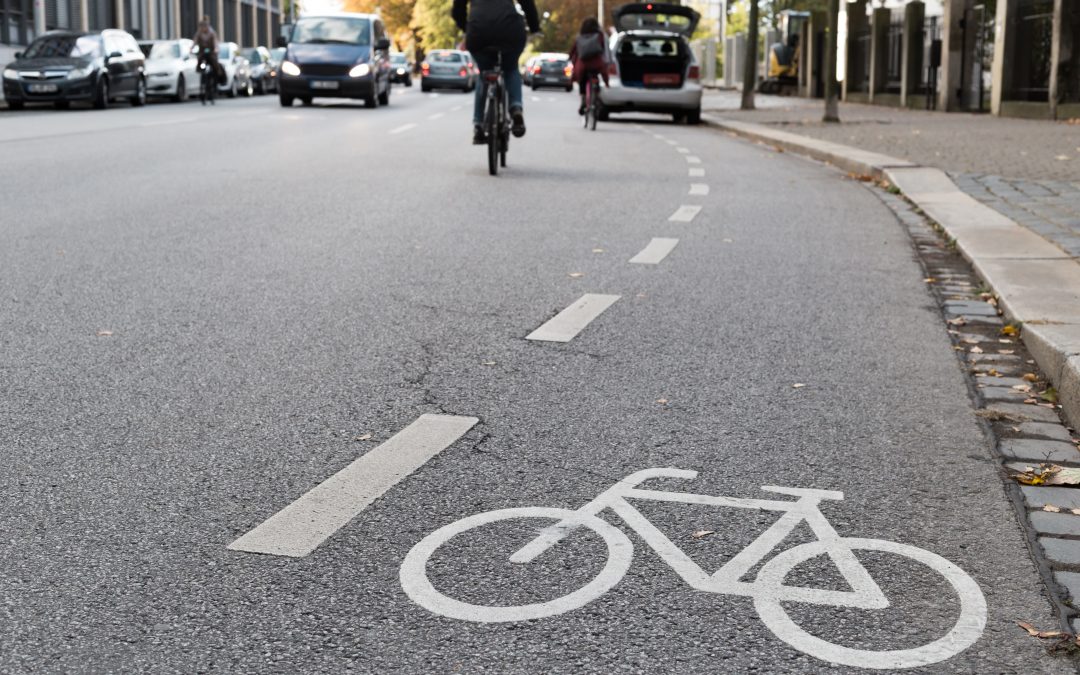The investment will be managed by cycling and walking charity Sustrans and will fund dozens of projects which were identified in the recent Paths for Everyone report examples being:
- refurbishing and upgrading Cinder Track North in Whitby to improve access to a substantial new housing development
- converting a poor on-road section of the NCN between Dewsbury and Huddersfield to a combination of traffic free and full segregation
- connecting current paths through the centre of Lincoln
- re-routing busy on-road sections with poor junction facilities to an alternative traffic-free route in Longbridge, Birmingham
- creating a new quiet-way route to replace a busy on-road section between Luton and Dunstable
- improving a road crossing and re-routing to traffic-free alternatives around Ashton Court in Bristol
- improving and extending paths connecting Thatcham and Newbury
It is estimated that the health benefits associated with walking and cycling on the network prevented 630 early deaths in 2017 alone, and averted nearly 8,000 serious long-term health conditions.
Alongside this major investment to encourage people to take to 2 wheels up and down the country, the Department for Transport has also announced £2 million for broader cycling and walking initiatives.
These include the Living Streets Walk to School outreach programme, which encourages young people to make walking a key part of their journeys from an early age. The scheme saw walking to school rates increase by 30% last year within schools supported by the scheme, a big step towards the government target of 55% of primary school children walking to school by 2025.
Cycling UK’s Big Bike Revival will also receive investment to continue its work inspiring the 42% of people who own bikes but do not cycle, to start riding.
Xavier Brice, Chief Executive of Sustrans said:
As the custodians of the National Cycle Network we are very excited by this investment in transforming crucial links for communities across England, making it easier for everyone to walk and cycle.
The network already makes it possible for 4.4 million people to travel actively every year, to work, school or for leisure. This investment is a vital boost to achieving a network of safe paths for everyone, used and enjoyed by people of all ages and abilities.
We look forward to working with local authorities and partner organisations around the country to improve people’s health, access to green spaces, and help our villages, towns and cities move sustainably
These measures are the latest in a series of actions taken by the department to reduce emissions across all modes of transport:
- the UK’s bus fleet has also joined the drive to go green through the government’s £48 million Ultra-Low Emission Bus Scheme, which will fund 263 new zero emission buses and infrastructure to drive forward government plans to clean up the air in towns and cities
- the government has provided £1.75 million funding for innovative schemes that can cut the carbon footprint of the UK’s railways – including solar panels that directly power trains, and a system that uses hydrogen and oxygen to produce steam to power engines. It’s part of the government’s drive to a cleaner, greener economy which is a key part of its modern Industrial Strategy
- DfT will launch a call for evidence later this year to gather information on how to help consumers better understand the emissions resulting from their journeys and ensure they have options for offsetting those emissions should they wish to — one of the ideas for this would be to require companies selling travel tickets to offer good quality carbon offsets at the point of sale
- DfT has recently announced £60,000 funding to support the Modeshift STARS National School Travel Awardsfor the next 3 years — the scheme recognises students who have improved air quality by walking and cycling to school, and the continued investment will allow Modeshift to continue to develop the project up to 2022

